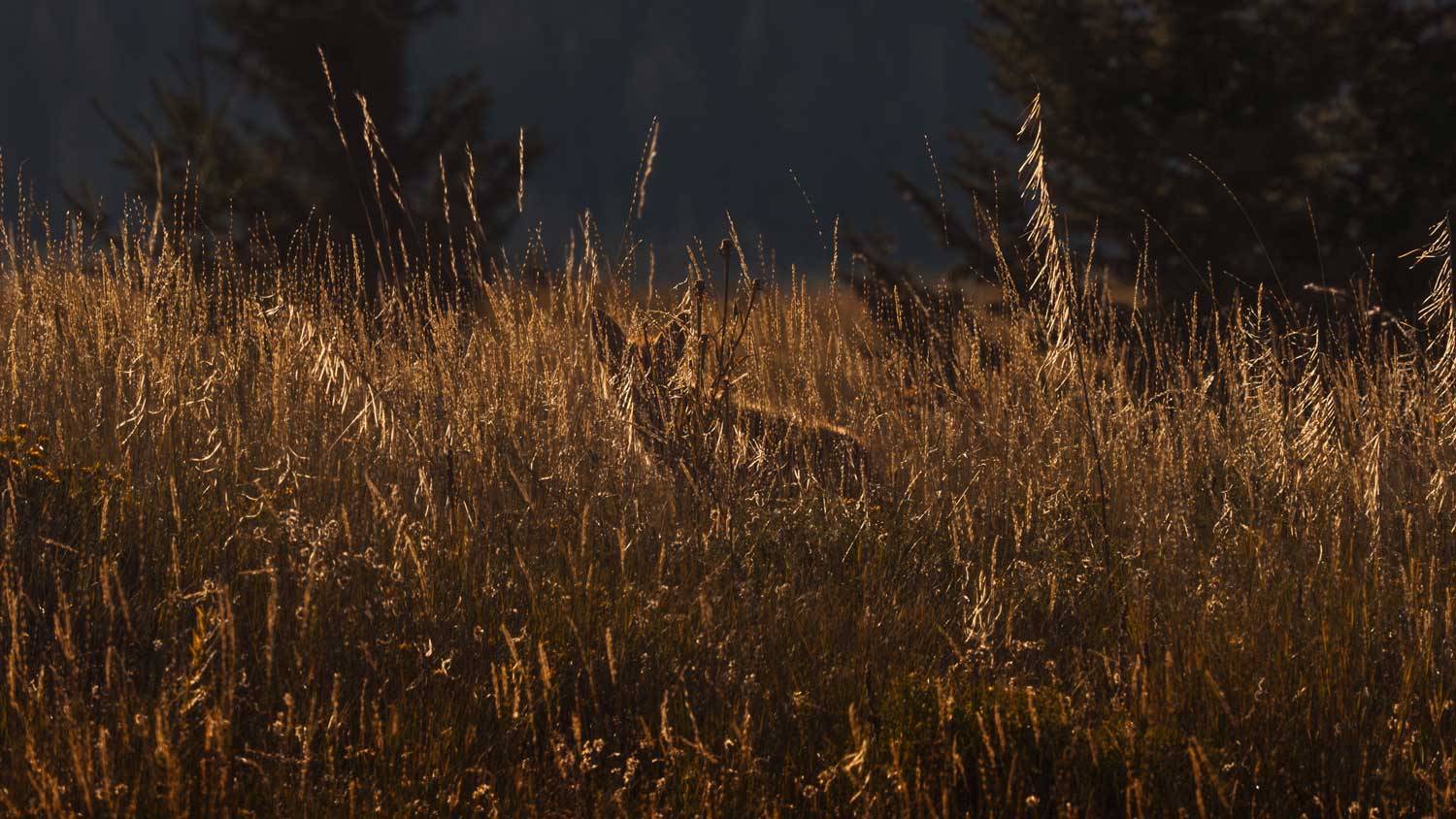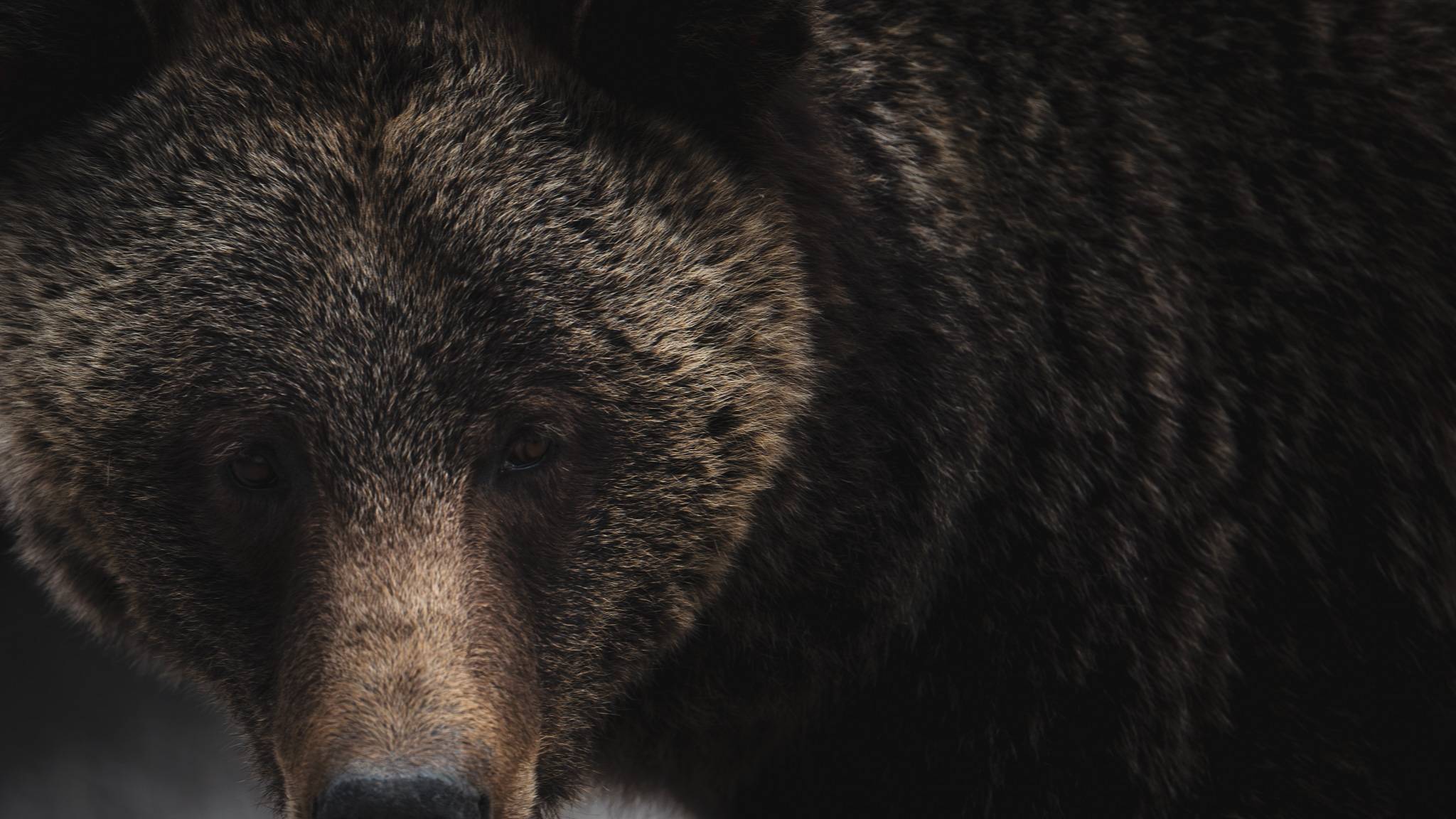The lone wolf is an often-used term that symbolizes a loner. It’s romanticized in films and adopted as a badge by people who feel independent or misunderstood.
But here’s the problem:
Wolves are pack animals.
They thrive in hierarchy, rely on community for survival, and their nature is deeply tied to the pack.
So if you break from the pack, what does that really mean?
You’re either rejected, missing community, or going against your nature.
The phrase “lone wolf” puts people in a box.
It suggests that if you operate alone, you fit a certain identity—brooding, detached, fiercely independent.
And while that’s true for some, it’s not true for everyone.
Humans are more complex.
We’re wired for community, but we’re adaptable enough to create our own definitions of belonging.
This is where the fox comes in.
The fox is cunning. Independent without isolation.
It can navigate the wild alone, but it also weaves through communities when it needs to. It’s agile—blending in, pivoting, surviving.
The fox doesn’t need a pack to validate its identity.
It chooses alliances when they serve a purpose, then moves on without guilt.
That’s the tension we live in today:
Society vs. individuality. Community vs. autonomy.
We crave belonging but hate conformity.
We want freedom without the loneliness that comes with it.
The wolf leans too hard on the pack.
The “lone wolf” myth leans too hard on isolation. Both are extremes.
The fox finds the middle.
It’s clever enough to survive alone and social enough to thrive when it chooses to connect.
Takeaway:
- You don’t have to align with an identity.
- Not the wolf. Not the lone wolf.
- Not any label that boxes you in.
- You can be like the fox—adaptable, strategic, and unbound by categories.




